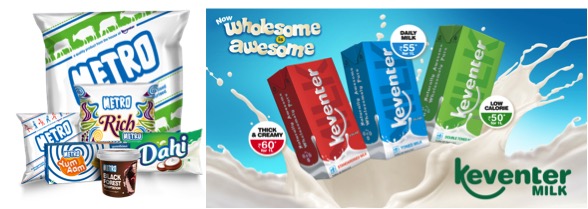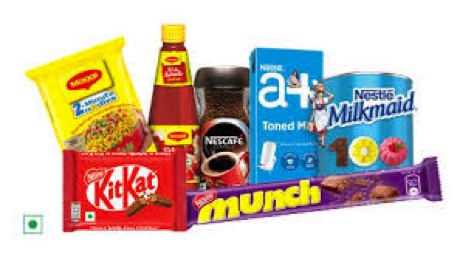Keventer Agro Ltd, which operates two dairy brands — Metro Dairy and Keventer Milk, is looking to ramp up production capacity by over 30 per cent to close to six lakh litres per day from the current 4.5 lakh litres a day in the next one year. Plans are afoot to set up plants in Siliguri, Asansol and Durgapur in West Bengal adding a total capacity of around 1.5 lakh litres a day.
The company, which is currently operating at close to 55 per cent of its capacity, is also looking to ramp up the sourcing of fresh milk so as to be able to achieve 100 per cent capacity utilisation.
Also read : Dairy players looking towards Eastern India
According to Sunil Kajaria, CEO, Banana & Dairy, Keventer Agro Ltd, the satellite plants in these towns could have a production capacity of around 50,000 litres a day and entail an investment of around ₹30-40 crore.
Value added segment
“The pouch milk and the UHT milk segment has been witnessing a steady demand and the pandemic has not impacted the demand. In fact, the UHT segment grew due to long shelf life,” Kajaria told BusinessLine.
The dairy business accounts for around 40 per cent of Keventer Agro’s total turnover and was estimated to be close to ₹400 crore in FY-20. The category is expected to grow by around 12 per cent to ₹450 crore in FY-21 and ₹800-900 crore in the next two-to-three years backed by the increased production capacity..
The company has recently launched its ninth Bulk Milk Collection centre (BMC) at Kharagpur in West Bengal taking its own milk procurement capacity to 1,50,000 litres per day (lpd). With this, Keventer Agro now has milk collection centres across five districts and works with around 18,000 farmers on a daily basis.
BMC to collect milk
Plans are afoot to launch more BMCs in West Bengal over next few months with an aim to reach their overall production capacity of four lakh litres per day.
Also read : Disinvestment in Metro Dairy Kolkata under ED’s Lense
According to Mayank Jalan, Chairman & Managing Director, Keventer Agro, there has been a sharp increase in household consumption of dairy products in the wake of the Covid-19 pandemic and the trend is expected to continue even when normalcy resumes. It is therefore important to have a strong network of collection centres so as to be able to tap the growth and create the necessary ecosystem.



























